In the world of wellness, vitamin B6 has long been hailed as a powerful nutrient for mood, hormone regulation, energy metabolism, and nervous system health. Yet in recent years, a growing number of individuals—many of them health-conscious—have found themselves grappling with vitamin B6 toxicity, despite never exceeding the “safe” upper limits. The result? Tingling, numbness, burning pain, anxiety, dizziness, and in some cases, debilitating peripheral neuropathy.
This phenomenon begs a critical question: How did something so essential become so harmful?
And more importantly: What can we learn from this that might change how we approach supplementation as a whole?
Why “Water-Soluble” Doesn’t Always Mean Safe
Most cases of toxicity don’t come from food. They come from synthetic, isolated supplements — usually containing pyridoxine hydrochloride, the man-made form of B6.
Here’s the catch: while B6 is water-soluble, synthetic pyridoxine doesn’t behave in the same way as food-based B6. Normally, the body converts B6 into its active form (P5P — pyridoxal-5-phosphate) and uses what it needs, excreting the rest. But with synthetic forms, this regulatory process is bypassed. The body can end up with an overload of unconverted pyridoxine in circulation.
And because B6 binds to enzymes in tissues (especially muscle and nerve tissue), it doesn’t just “wash out” like we might expect. Over time, this saturation can block B6 receptors and actually create a paradoxical deficiency at the cellular level — despite blood levels looking high. That’s when neurological symptoms begin.
Alarmingly, in some cases even 10–50 mg/day — well below the official “safe” threshold — has been enough to trigger problems.
The Hidden Problem With Isolated Nutrients
Most cases of B6 toxicity aren’t from food but from synthetic supplements. Because these isolates bypass the body’s natural checks and balances, they can overwhelm detox pathways, pile up across multiple products, and place a silent burden on the nervous system.
This issue has grown serious enough that regulators in some countries have lowered the allowable daily dose of B6 and tightened labelling rules.
Why Wholefood B6 is Safer
Food-based B6 is a different story. In nature, B6 comes packaged with magnesium, zinc, enzymes, and other cofactors that guide its safe use in the body. This built-in complexity acts like a safety net: you get what you need, and the rest is naturally balanced and excreted.
-
Bananas, chickpeas, sunflower seeds, beef liver — all rich in B6, but never toxic.
-
Moringa — a plant superfood, provides gentle B6 together with chlorophyll, antioxidants, and minerals that support detox and energy balance.
With wholefoods, the body knows how to recognise, absorb, and regulate B6. With synthetic isolates, that natural regulation is bypassed.
The Takeaway
The growing number of B6 toxicity cases is not just about one vitamin — it’s a wake-up call about the way we use supplements in general. “More” is not always “better.”
Wholefood supplementation offers a wiser approach:
-
It honours the body’s natural pace.
-
It reduces the risk of overload or paradoxical reactions.
-
It nourishes holistically, instead of forcing isolated inputs.
Healing With Nature, Not Against It
Symptoms are signals, not errors. The rise in B6 toxicity is a reminder that when we override nature’s safeguards with synthetic megadoses, we risk creating new imbalances in the very systems we’re trying to support.
Choosing nutrients in the form the body recognises — wholefoods — allows us to restore balance, work with the body’s wisdom, and protect long-term health.
Organic Moringa CapsulesA powerful supplement for your health and wellness. Order Now |
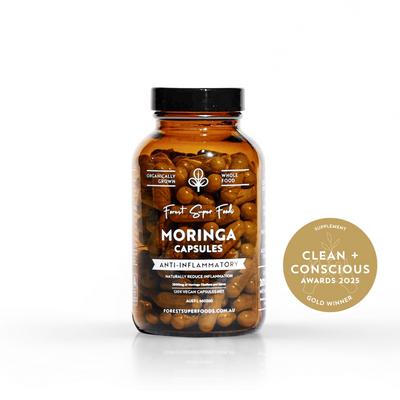
|
Frequently Asked Questions
What does Moringa do for your body?
Moringa is a nutrient-dense superfood rich in vitamins A, C, E, calcium, potassium, and antioxidants. It may help protect tissues of vital organs. It's also traditionally used for hormone and digestive support.
Who cannot take Moringa?
While Moringa is safe for most people, those who are pregnant, breastfeeding, or on blood pressure or thyroid medication should consult a healthcare professional before taking it. It's best to consult your healthcare provider before taking Moringa supplements for regular use.
Is Moringa legal in Australia?
Yes, Moringa is legal and available in Australia as a supplement.However, it is categorised as a 'novel food' which makes it unavailable as a regular food item. At Forest Super Foods, our Moringa is organically grown and meets all Australian food safety and labelling standards.
What happens if I take Moringa every day?
Daily Moringa use may support overall wellbeing, energy, and digestion. Many people experience better focus and reduced inflammation with consistent use. Just be sure to follow the recommended dose, as high quantities may lead to digestive discomfort in some people.


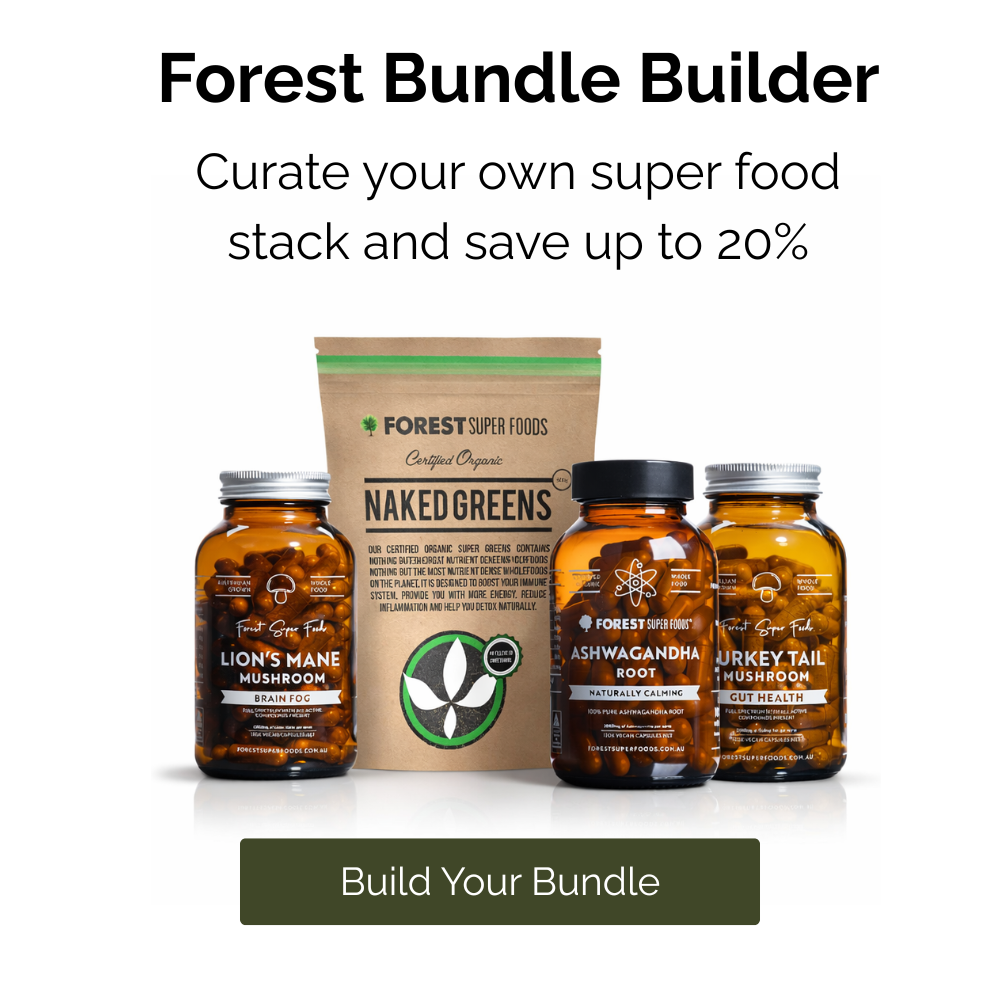
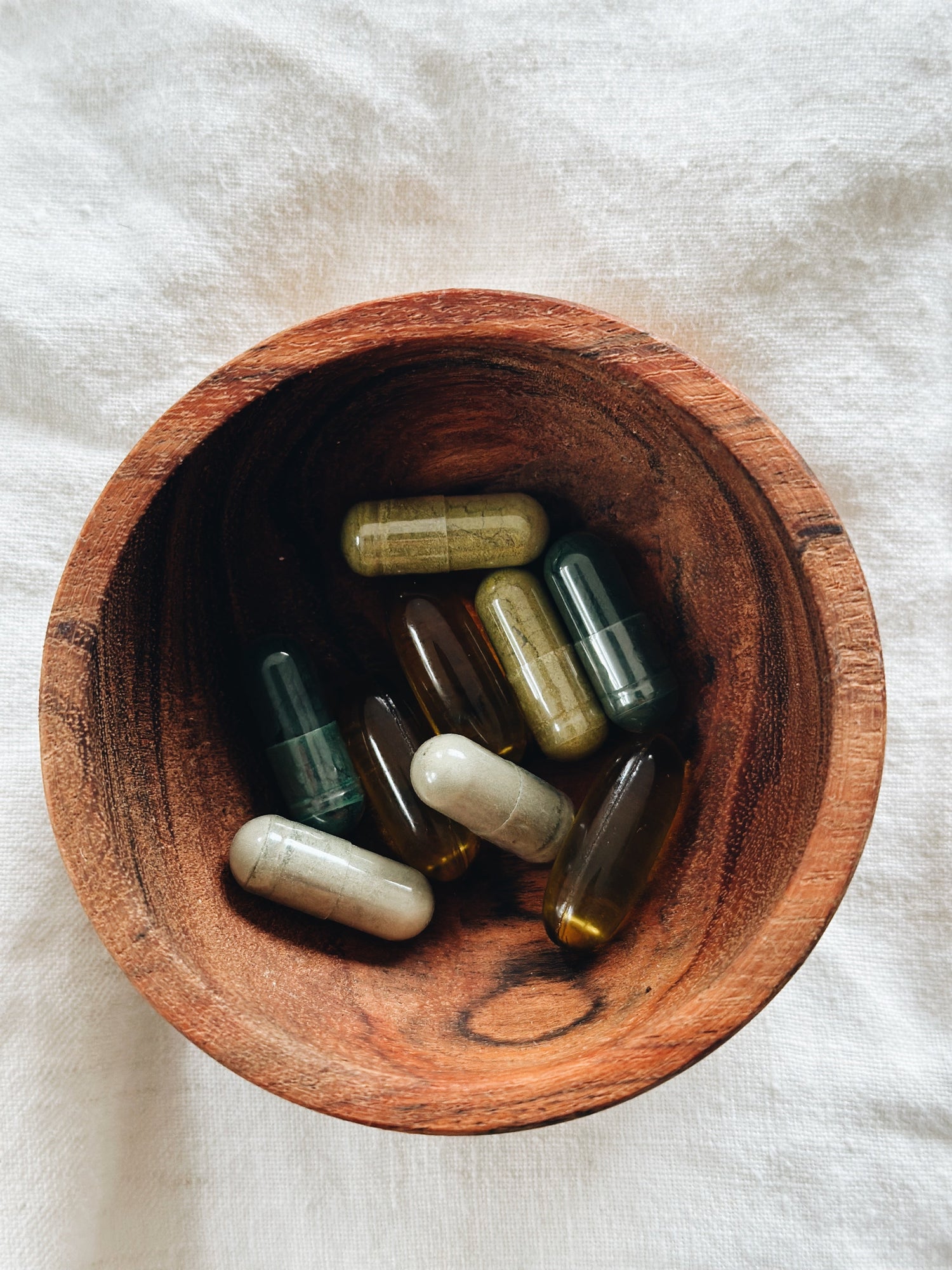

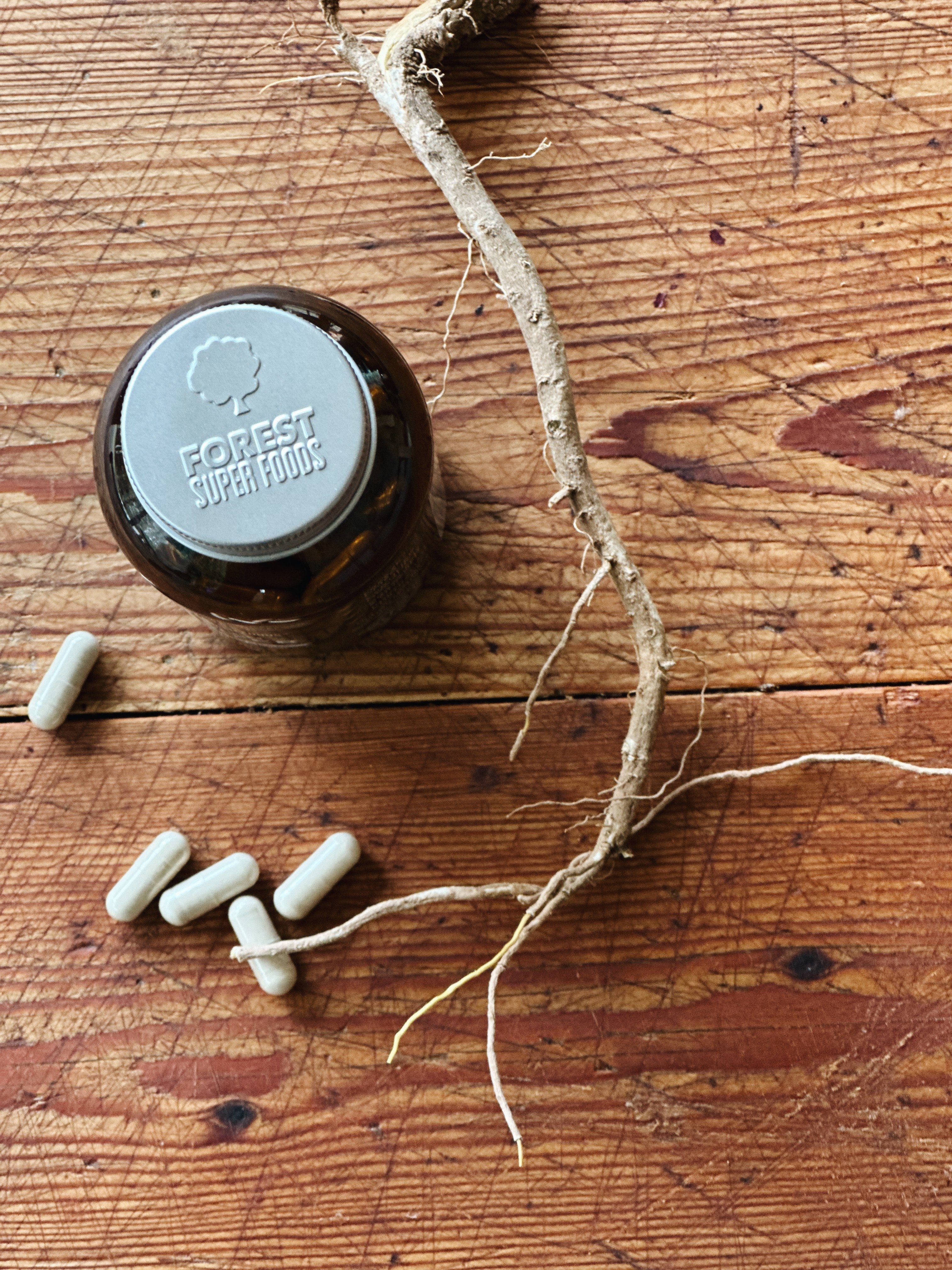
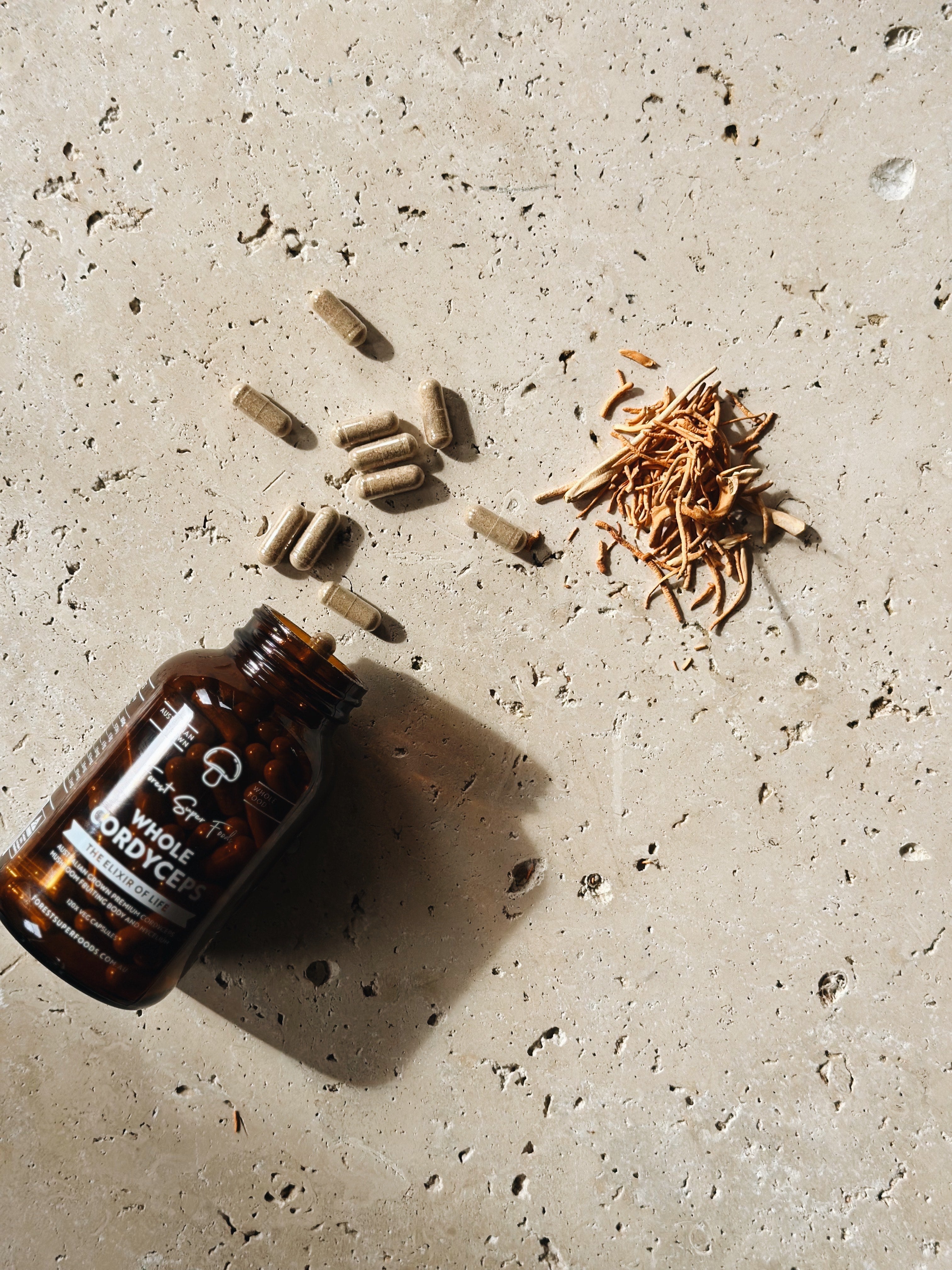
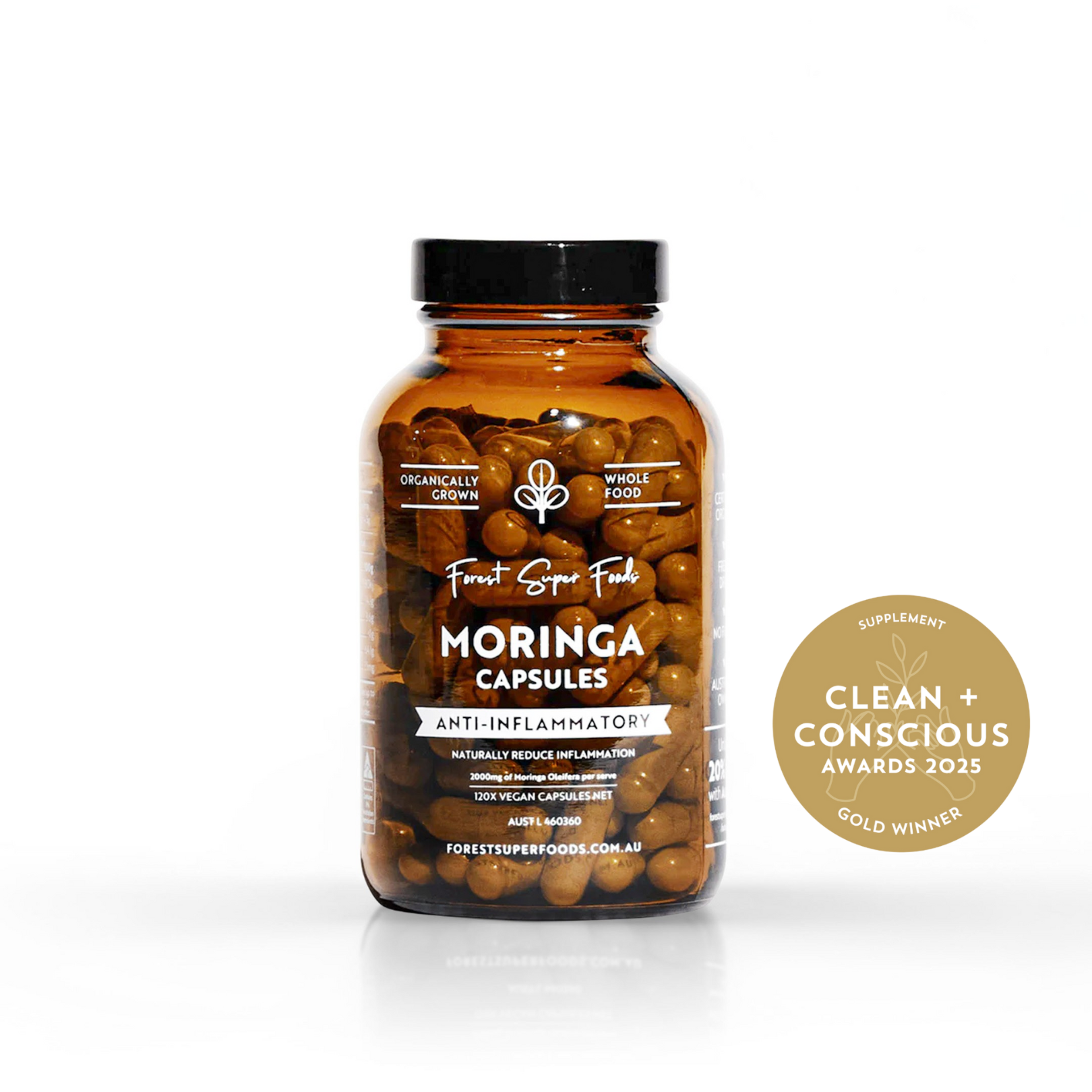
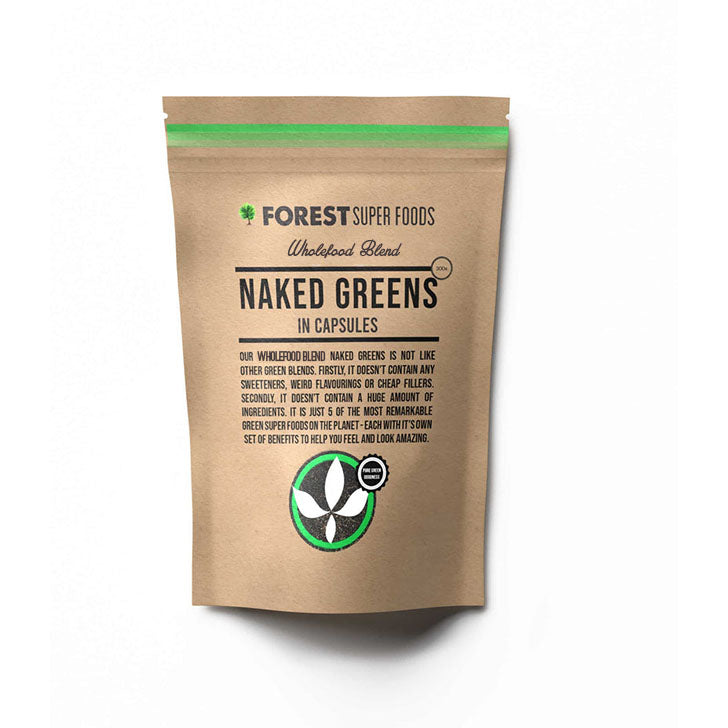
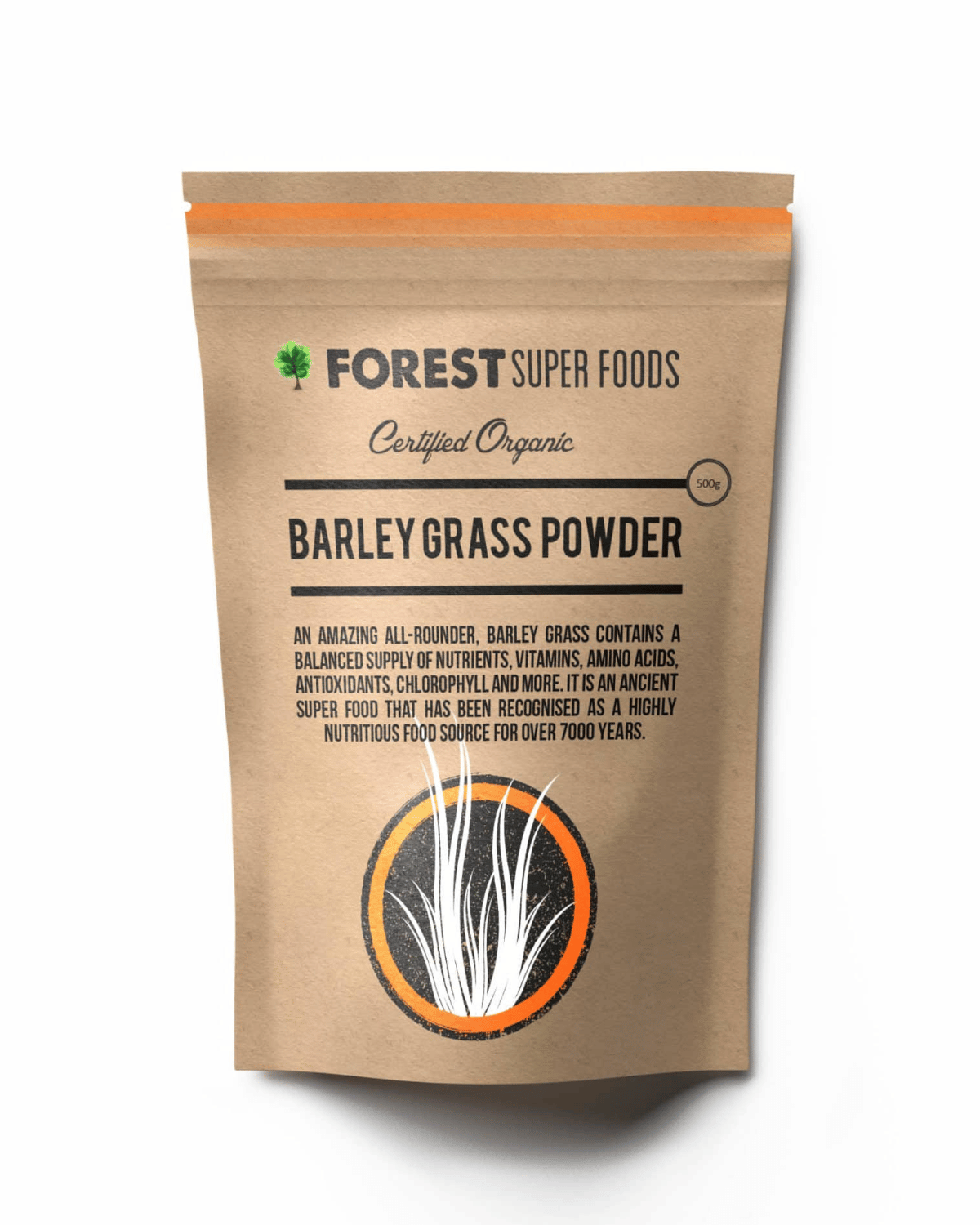
Leave a comment
All comments are moderated before being published.
This site is protected by hCaptcha and the hCaptcha Privacy Policy and Terms of Service apply.